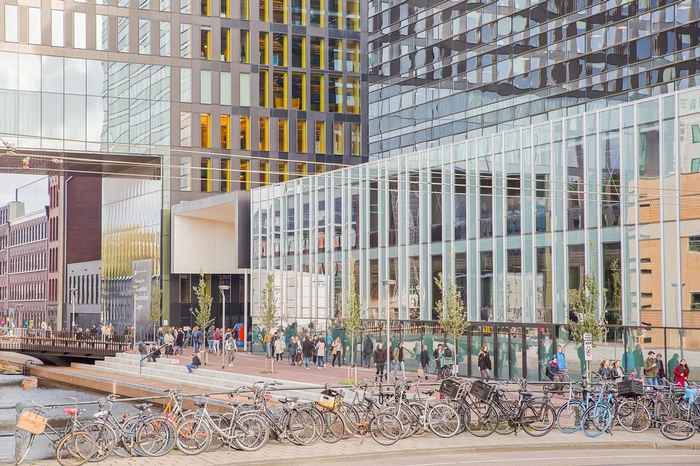AIAS-HSI seminar; Andreea Ferent
Technological Change and Migrant Labour: A Comparative Institutional View into European Agricultural Sectors
- Datum
- 30 mei 2024
- Tijd
- 11:00 -12:00

Today, much hope is vested in technological advancements and the corresponding product and process innovations to provide an alternative to replacing domestic labour with migration, particularly in the aftermath of the pandemic crisis. But the adoption of technologies remains an uneven trend across countries. Several works studying how technological change impacts jobs, both in the quantity and quality of the work have underlined important dimensions of inequality that are produced and re-produced. However, by solely focusing on the impacts of technological change, the drivers and determinants of states following different trajectories regarding automation are overlooked. This limits the potential to contribute to policy debate around better strategies to deal with the ongoing "digital revolution". Stressing the important role of institutions, actors (migrants, employers, unions), their interests and power in shaping how and whether technological change is adopted in practice within a sector historically reliant on migrant labour, my research addresses the question: How do unions, migrants and farmers shape changes in the use of technological change and migrant work in the agricultural sector? The study is loosely embedded in the recent Comparative Employment Relations literature (CER) and injects the migration literature into CER. It draws from qualitative methods of interviews with farmers, unions, and migrants in both countries, as well as fieldwork in both field sites, to form comparisons between the dynamics and interests that emerge in two different political, social, economic, and geographical contexts. During the seminar, I will present the comparative institutional analysis and initial findings on the Dutch case.
Spreker
Praktische informatie
- Datum: donderdag 30 mei 2024
- Locatie: Online (e-mail voor een link naar aias-hsi@uva.nl)
- Tijdstip: 11:00-12:00 uur
Vragen
Heb je vragen? Mail ons dan via aias-hsi@uva.nl. Je kunt je ook via dit mailadres aanmelden als deelnemer.